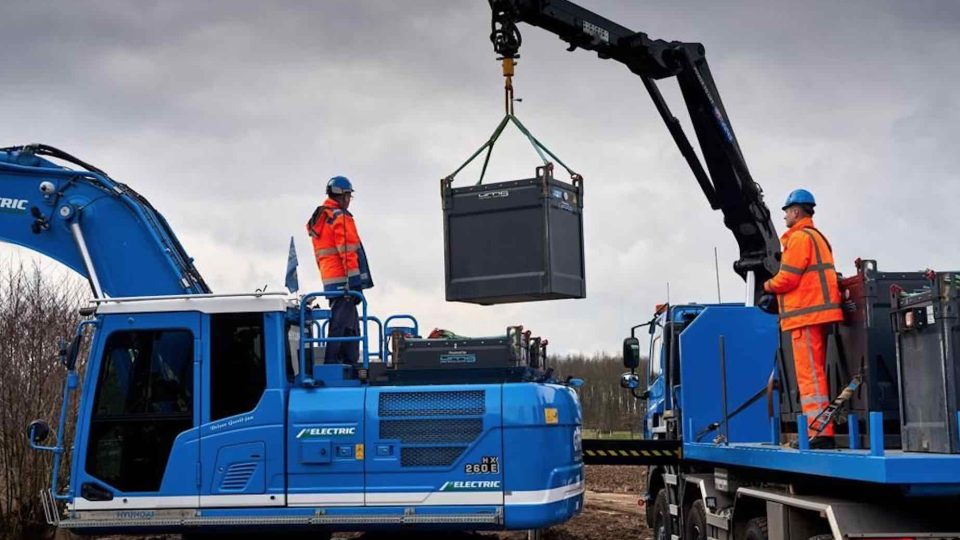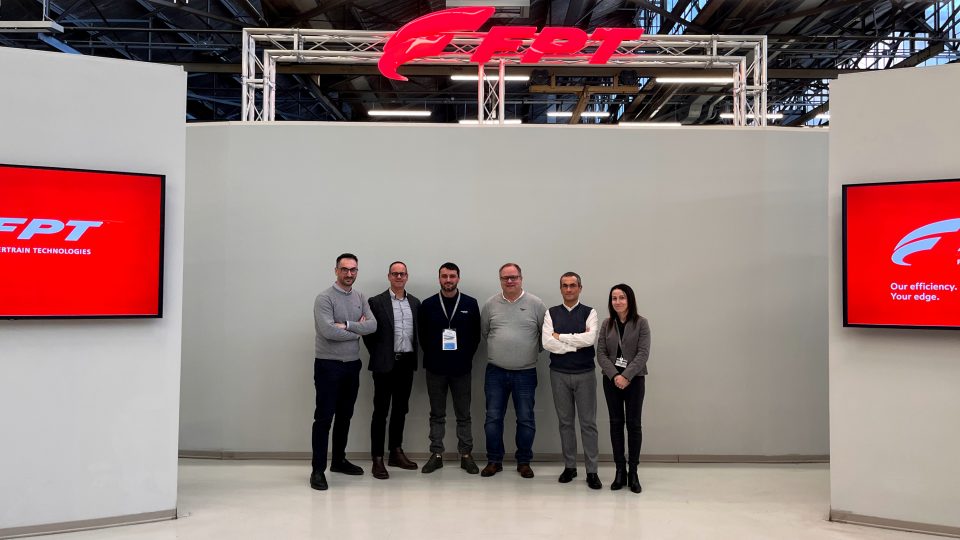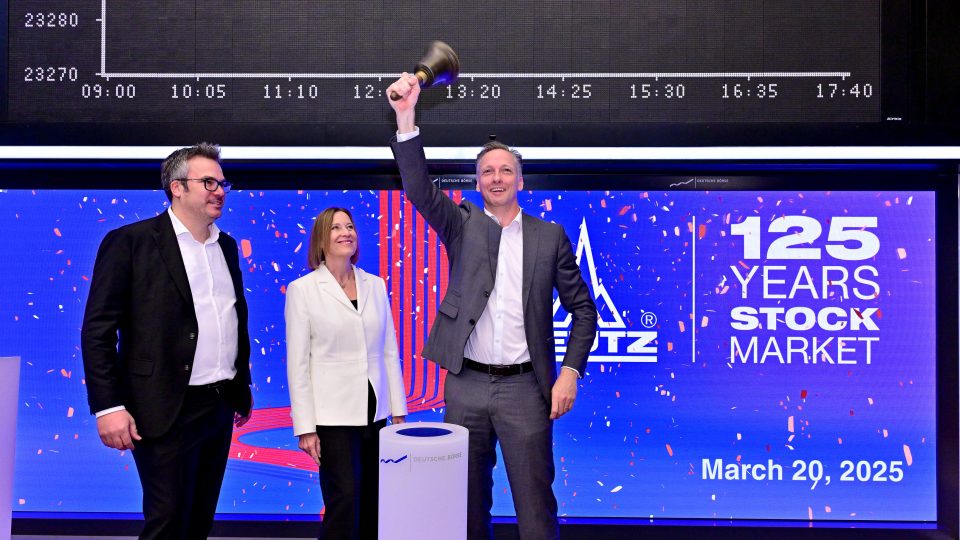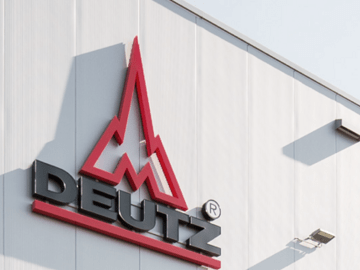Engine technology in the Trump era
In this interesting analysis, Allen Schaeffer of Engine Technology Forum raises many questions in light of the first decisions of Donald Trump's mandate. One thing seems certain: in this phase, engine technology is more important than ever.

In this interesting analysis, Allen Schaeffer of Engine Technology Forum raises many questions in light of the first decisions of Donald Trump’s mandate. One thing seems certain: in this phase, engine technology is more important than ever.
As years go, 2025 is starting off in rare form. In a matter of weeks, rapid reversals on several major policies are delivering change and uncertainty for fuel and emissions policies impacting the nation’s cars and trucks. One thing that feels certain is that advanced engine technology will be more important than ever.
Newly inaugurated President Donald Trump has already issued executive orders to withdrawal the US from the Paris climate accord, eliminate the EV tax credit, and unleash American energy; measures that largely reverse course on the past four years of climate policy. Excerpts from the Executive Order:
(e) to eliminate the “electric vehicle (EV) mandate” and promote true consumer choice, which is essential for economic growth and innovation, by removing regulatory barriers to motor vehicle access; by ensuring a level regulatory playing field for consumer choice in vehicles; by terminating, where appropriate, state emissions waivers that function to limit sales of gasoline-powered automobiles; and by considering the elimination of unfair subsidies and other ill-conceived government-imposed market distortions that favor EVs over other technologies and effectively mandate their purchase by individuals, private businesses, and government entities alike by rendering other types of vehicles unaffordable.
Taken together, these and several other executive orders signal that the Trump Administration will no longer support efforts related to reducing carbon emissions or impacting climate change. These changes are fresh and still being analyzed by all but will be consequential for the direction of energy policy over the next four years.
Nearly on the eve of President Trump’s inauguration, California’s withdrawal of its Clean Air Act Waiver request to EPA on the Advanced Clean Fleets (ACF) rule and a locomotive emissions rule startled the nation’s freight movement sector. The locomotive rule would have banned any locomotive older than 23 years and required the use of zero-emissions locomotives starting in 2030 in California. The trucking rule required fleets in California (and other states following California rules) to purchase an increasing percentage of zero-emissions vehicles. A companion rule – the Advanced Clean Trucks (ACT) rule – requires manufacturers to sell an increasing percentage of zero-emission vehicles.
With the withdrawal of the ACF waiver request, this effectively means no enforcement of the ACF rule and seems to relieve trucking fleets from the compliance obligation to purchase zero-emissions trucks. At this point there is no change however in manufacturers’ obligations to sell the trucks. Industry has linked the success of the overall zero-emissions program to both rules being in place.
There are many more questions than answers at this point: where do these changes in the trucking rules leave manufacturers with considerable investments in zero-emissions technology? What will happen with consumer interest in electric vehicles with the abolishment of the federal tax credit?
This seismic course correction in energy and industrial policy is at its earliest phases. More is yet to come. At some point there will be clarity on the practical impacts of these changes for manufacturers as well as vehicle and equipment purchasers. The impacts on state policies for those states that followed California’s will be important to watch as well. Five states (Massachusetts, New Jersey, New York, Oregon, and Washington) are implementing the ACT rule this year; five other states are set to follow in 2026-2027.
A new industrial era has arrived; one built on domestic energy, energy security, and an America first policy. Manufacturers of engines and equipment, and fuel producers, are ready for this moment with a range of increasingly efficient and productive advanced engines available for powering the nation’s cars, trucks, machines, and equipment as well as energy-rich, clean, and renewable fuel options to power them.
As we adjust to a new administration and the many more changes to come, let’s not forget where we’ve been and give credit where credit is due. The last four years of government policy focused on decarbonization of the economy and have made important progress on exploring new fuels and technologies, as well as helping evaluate their suitability. Some great seeds were planted to advance electrification, hydrogen, and other technologies. Some will continue to grow organically because they make sense and are desired in the marketplace. This is good and important progress. So too is what advanced engines and renewable fuels deliver to our economy every day, returning remarkable results in productivity and environmental benefits. They must not be discounted and will now be more encouraged, and important, than ever.









